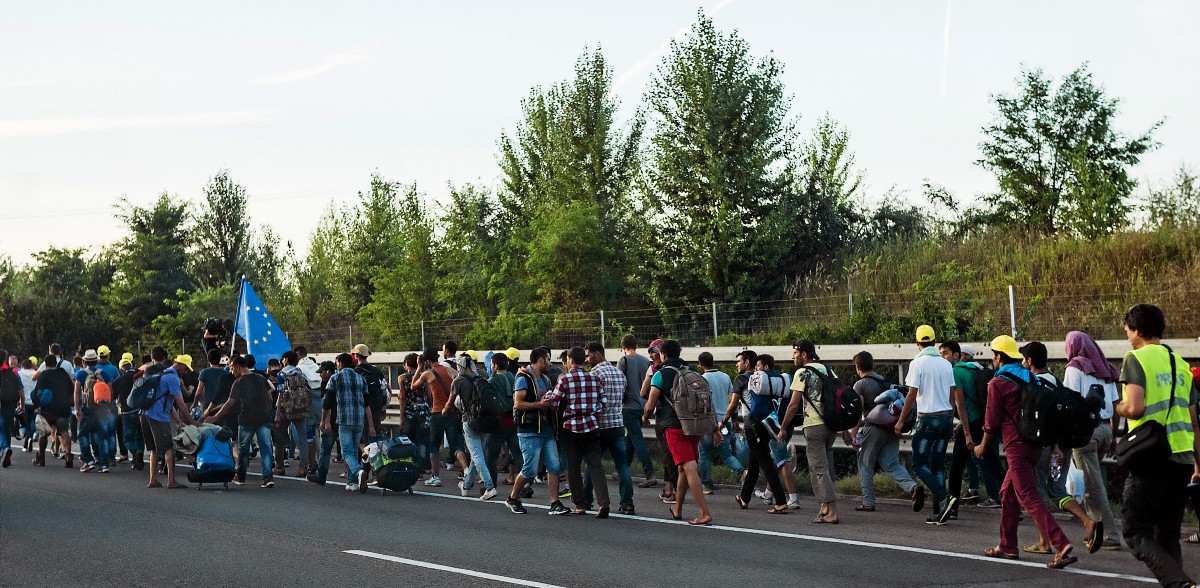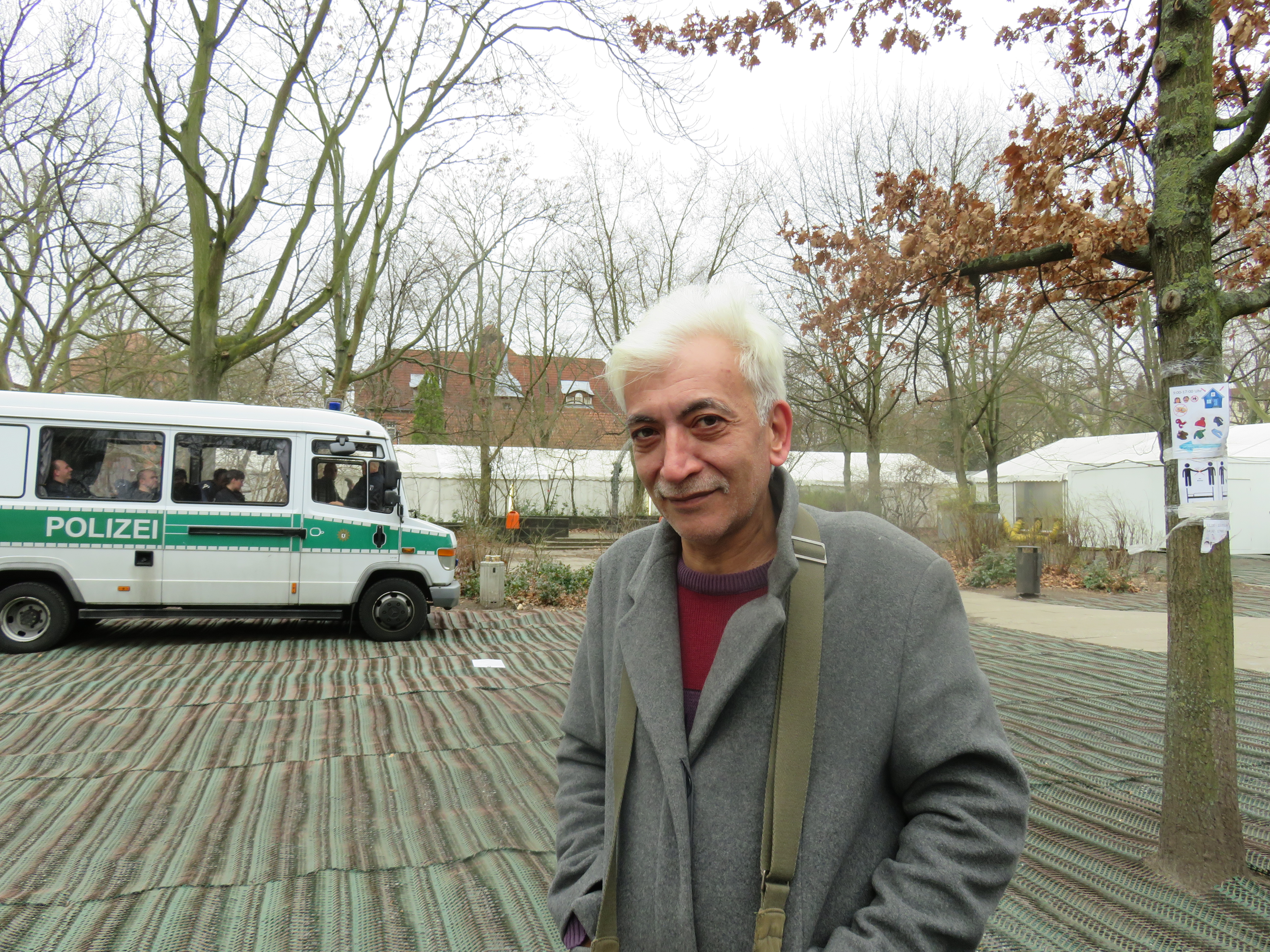
On Aug. 25, 2015, Germany's Federal Office for Migration and Refugees posted on Twitter a message that would change the course of the refugee crisis and recent German politics: "We are at present largely no longer enforcing #Dublin procedures for Syrian citizens."
The wording was vague, it's promises without guarantee. Yet what those words would mean for the hundreds of thousands of asylum seekers who entered Germany in Fall 2015 was tremendous. The Dublin agreement, which required refugees to apply for asylum in the country in which they entered the European Union — most often Italy, Spain or Greece — was suspended, and though this was specified as only being for Syrians, asylum seekers around the world didn't pay that part much heed. South Asians, East Africans, North Africans, West Africans, as well as tens of thousands from the Balkans, poured into Germany. The idea circulated that Germany was opening its borders to everyone.
That was most likely not the message the Office for Migration and Refugees had hoped to get across with its tweet, and in many ways, the story of Germany and the larger European Union's refugee crisis has been one of misinformation.
Syrians, Eritreans and religious minorities from Iraq who fled to Germany almost always have their asylum claims accepted. That means these people get residency in Germany — a visa — and can find work with fewer barriers and hope to build a new life.
But not everyone is going to be able to stay here, a point toward which Merkel recently tried to draw attention. There are nationalities where people rarely receive refugee status, such as people from Balkan countries. Many of them have been living in refugee shelters, but eventually they will be deported or will live in Germany without a visa.
Then there are asylum seekers whose future in Germany is less certain. Afghans, Iranians, Somalis, people fleeing from poverty in West Africa and even Yemenis, whose country is in the throes of a brutal war, don't get refugee status as readily as Syrians. For example, nearly half of Afghans' asylum claims across the E.U. were rejected in early 2016. Families of these nationalities spent thousands, if not tens of thousands of dollars to be smuggled to Germany. They had believed Germany was welcoming everyone, which in some ways it was, only not everyone will be allowed to stay.
In announcing that it would no longer abide by the Dublin regulation, did Germany do the right thing? If the government wanted to offer refuge only to Syrians fleeing their homeland's ongoing brutal conflict, couldn't all the money and attention that's been devoted to unclogging the overburdened asylum process in Germany (and money toward deportations) have gone into handling Syrian asylum applications at embassies in Turkey, Jordan and Lebanon?
Of course, it's not so simple. People were fleeing across the Mediterranean and coming to Europe in the months and years before Germany's announcement, putting extra burden on Greece and Italy. In the summer of 2015, several thousand were stuck in a chaotic and bleak condition in Hungary, and a truck full of 71 dead asylum seekers was found in Austria. Border nations were already letting asylum seekers pass through on the way north to richer Germany and Scandinavia. Rather, the effect of Germany's announcement was to put migration on overdrive.
One year later, migrants and refugees are feeling the European populist backlash. Borders are closed to asylum seekers, tens of thousands of whom languish in Greece. Germany wants to speed up deportations. As Merkel admitted just recently: Mistakes were made.

Education Resource
Meet the Journalist: Laura Kasinof
Germany's overburdened bureaucracy struggles to cope with the influx of new migrant arrivals. Asylum...



